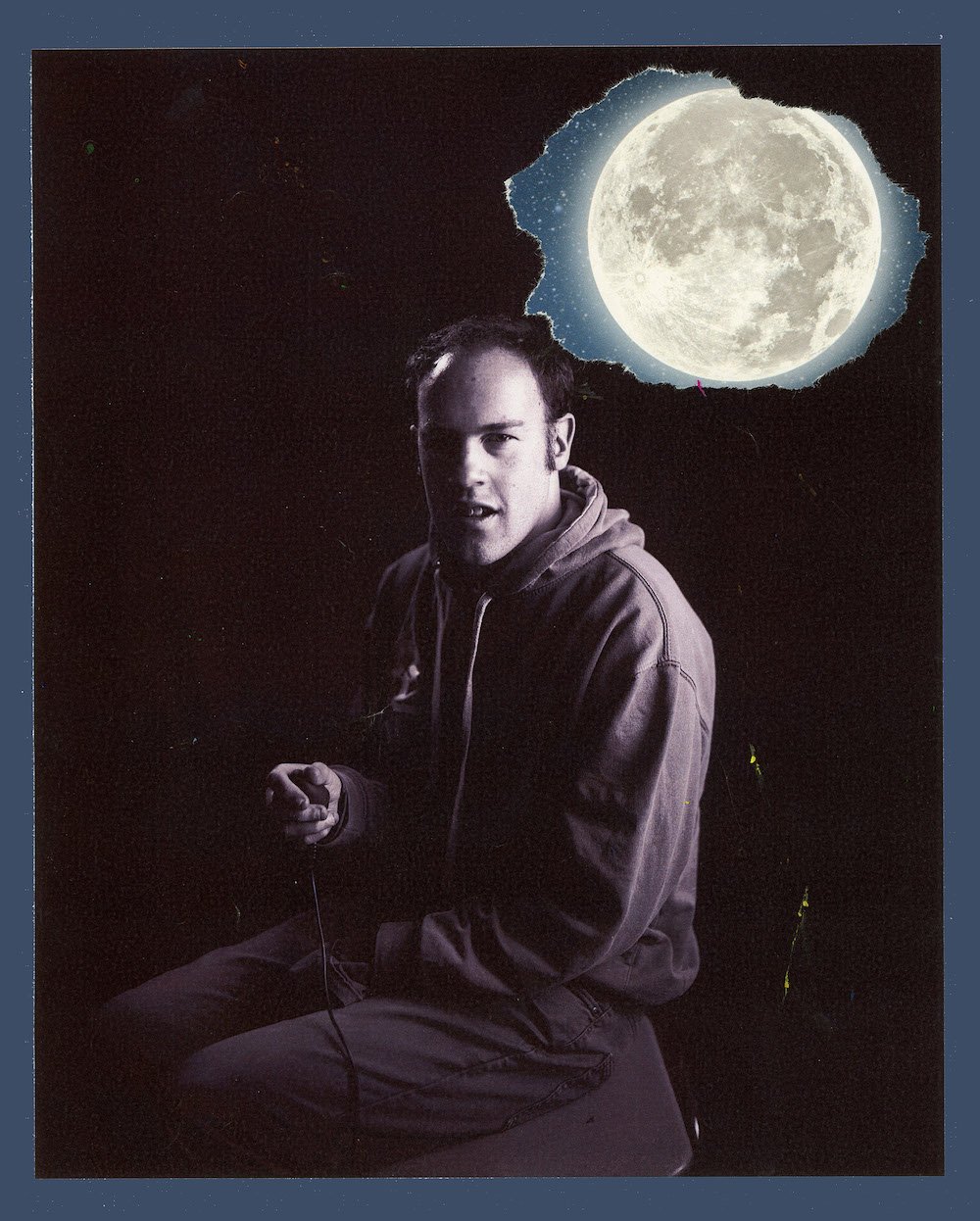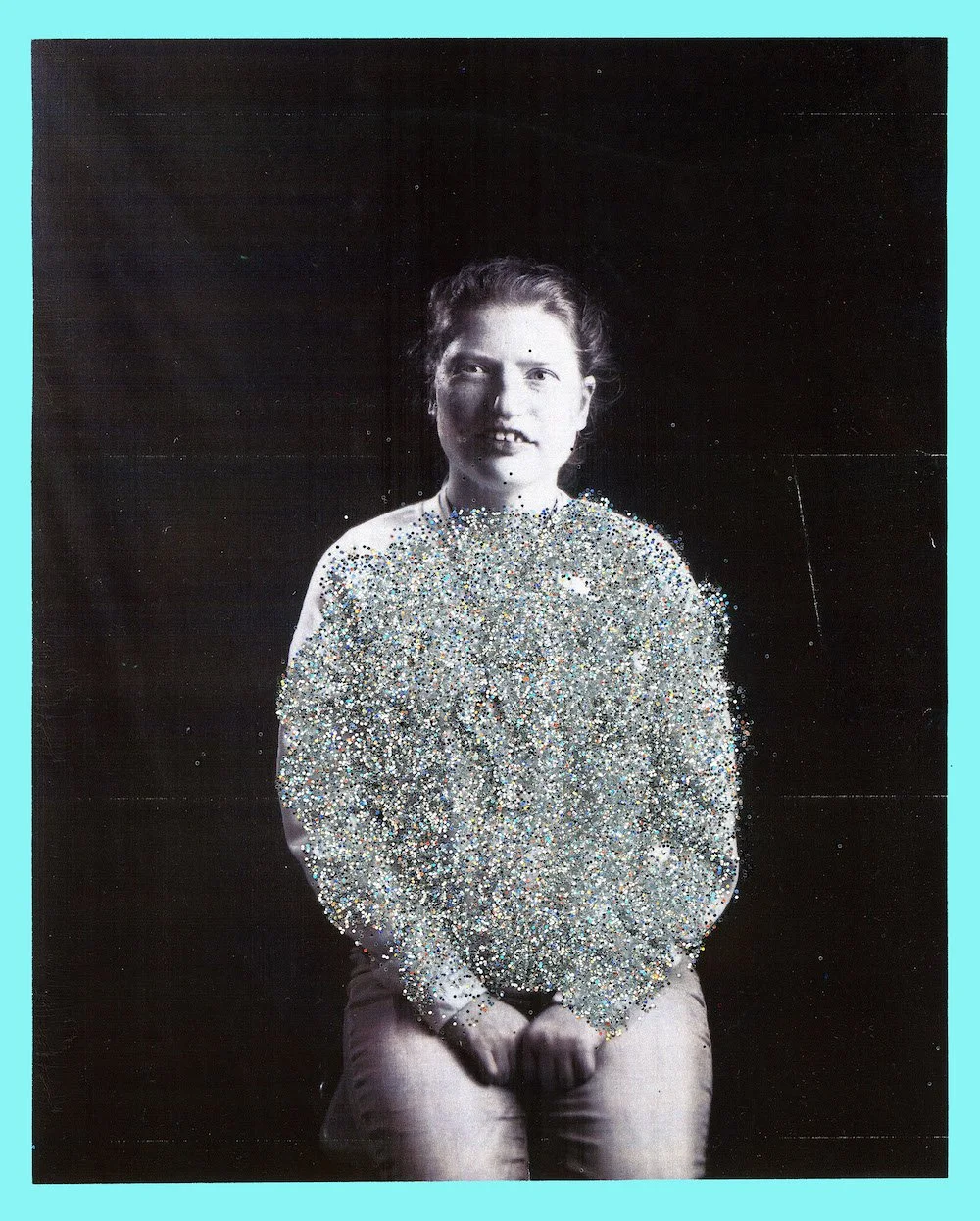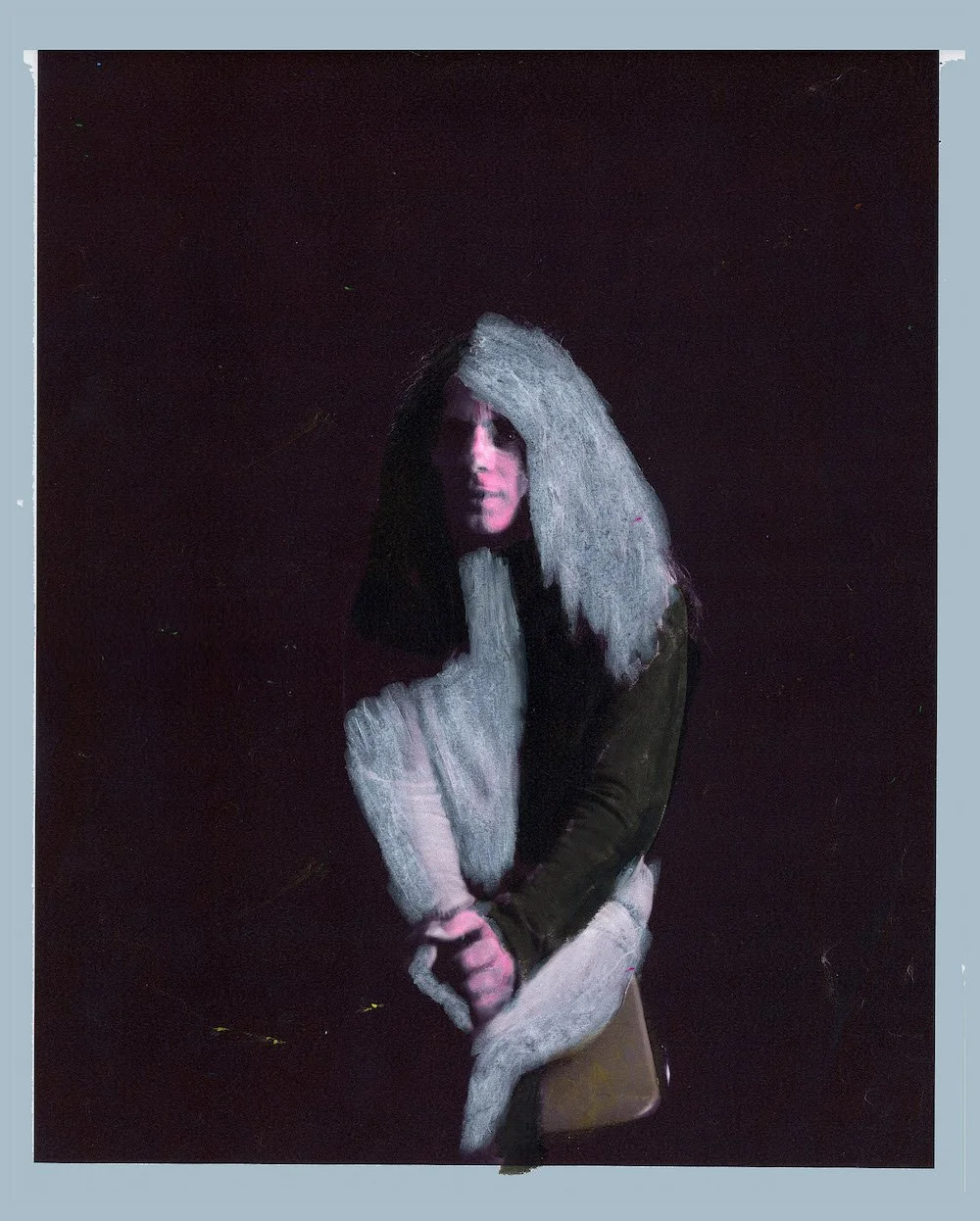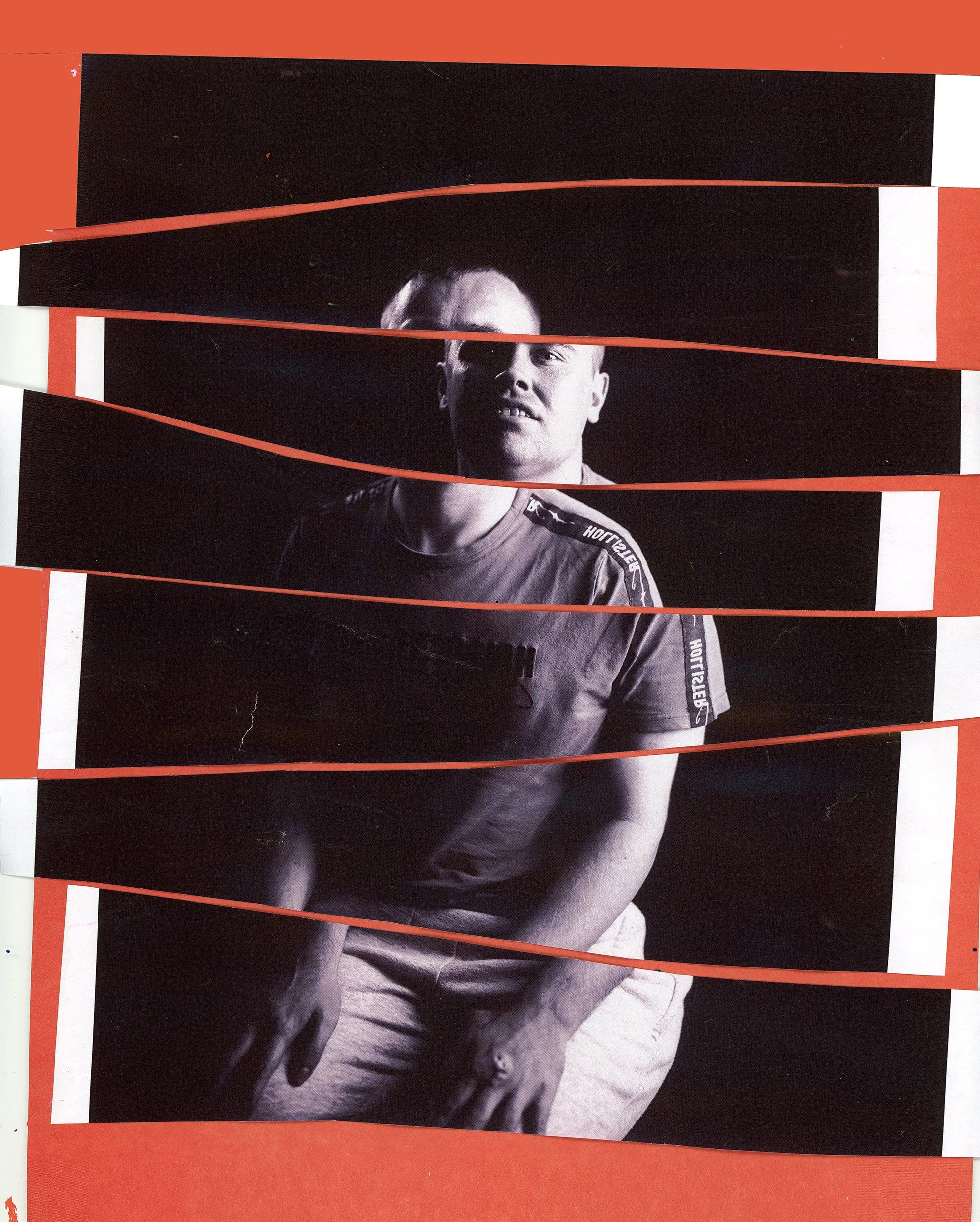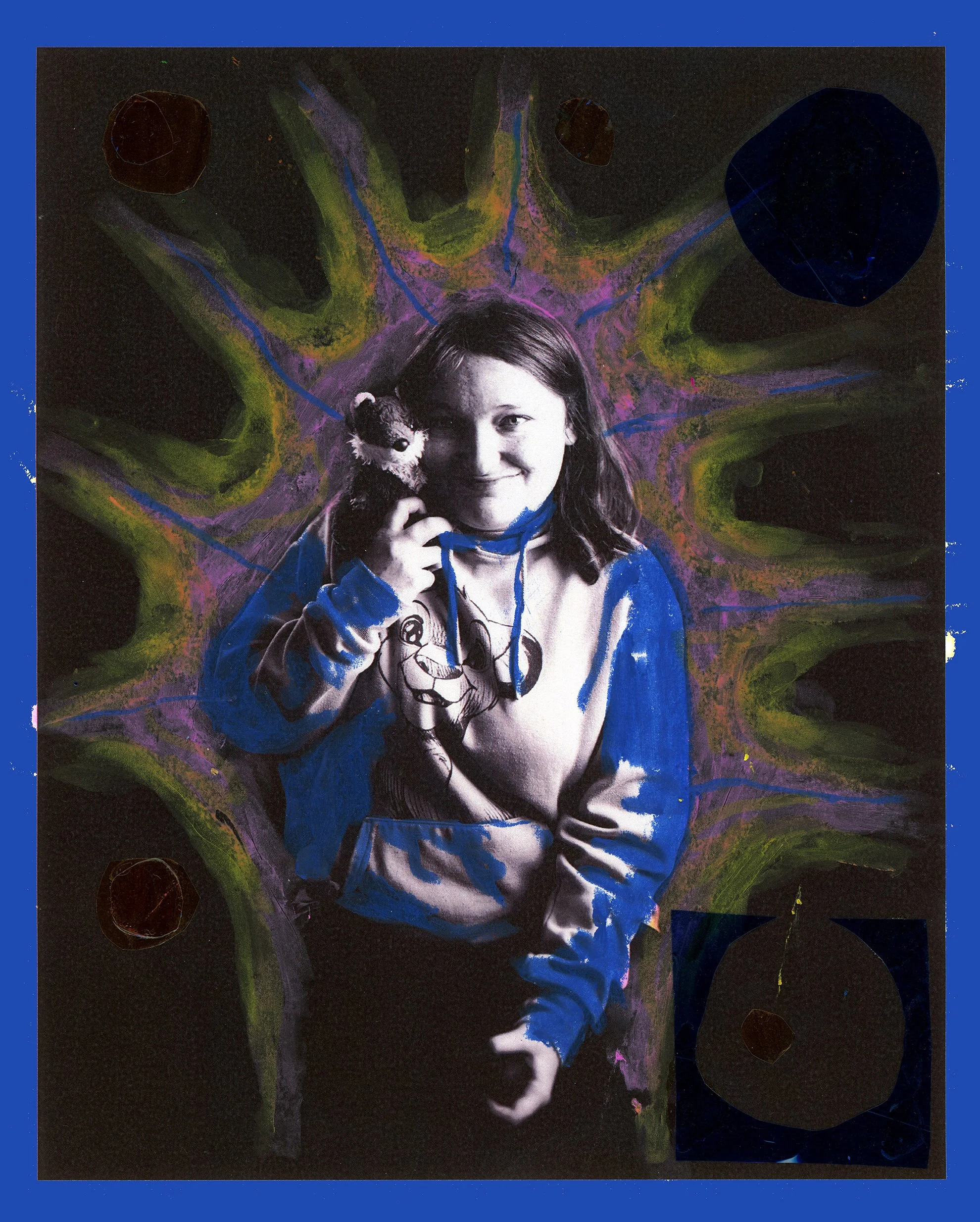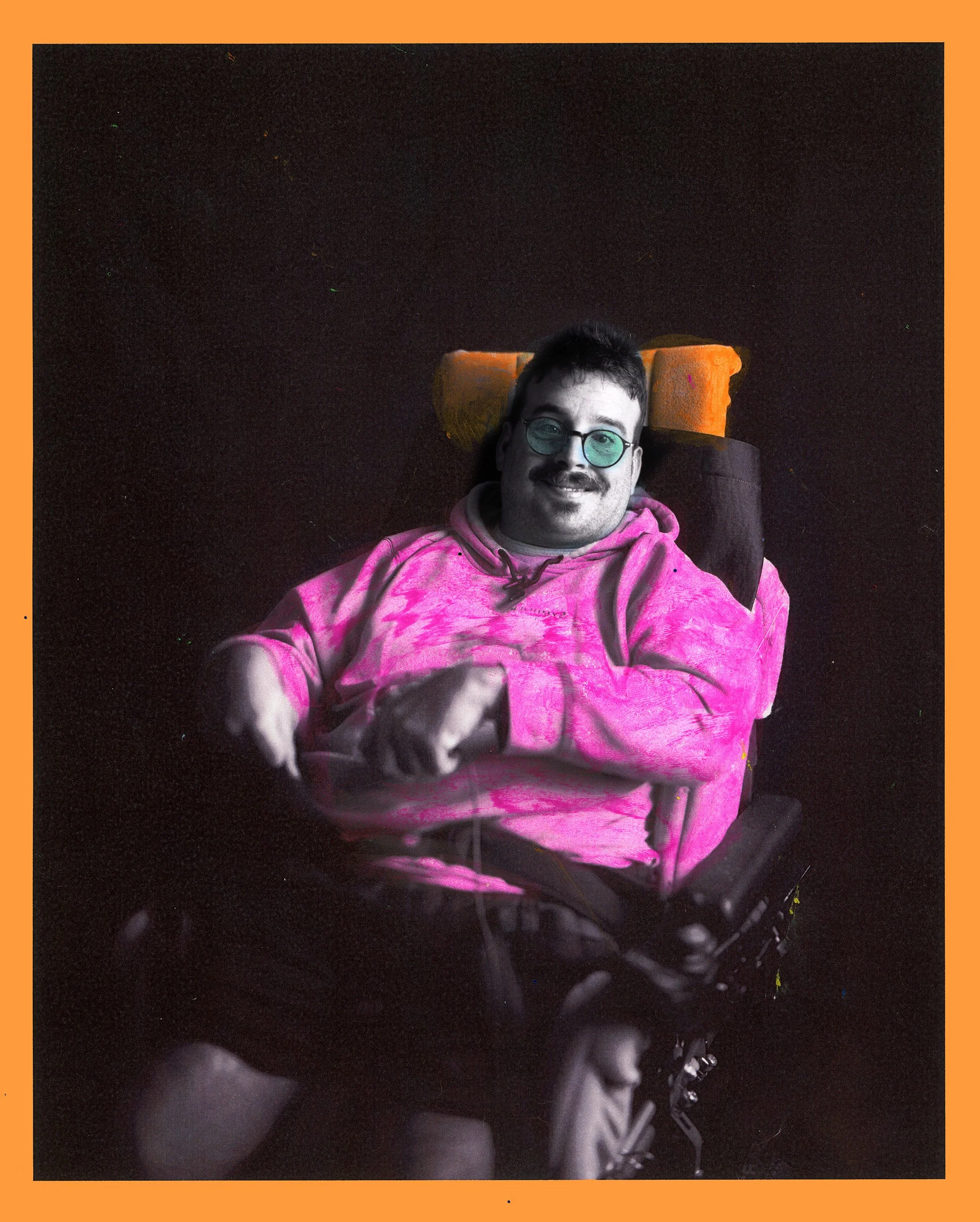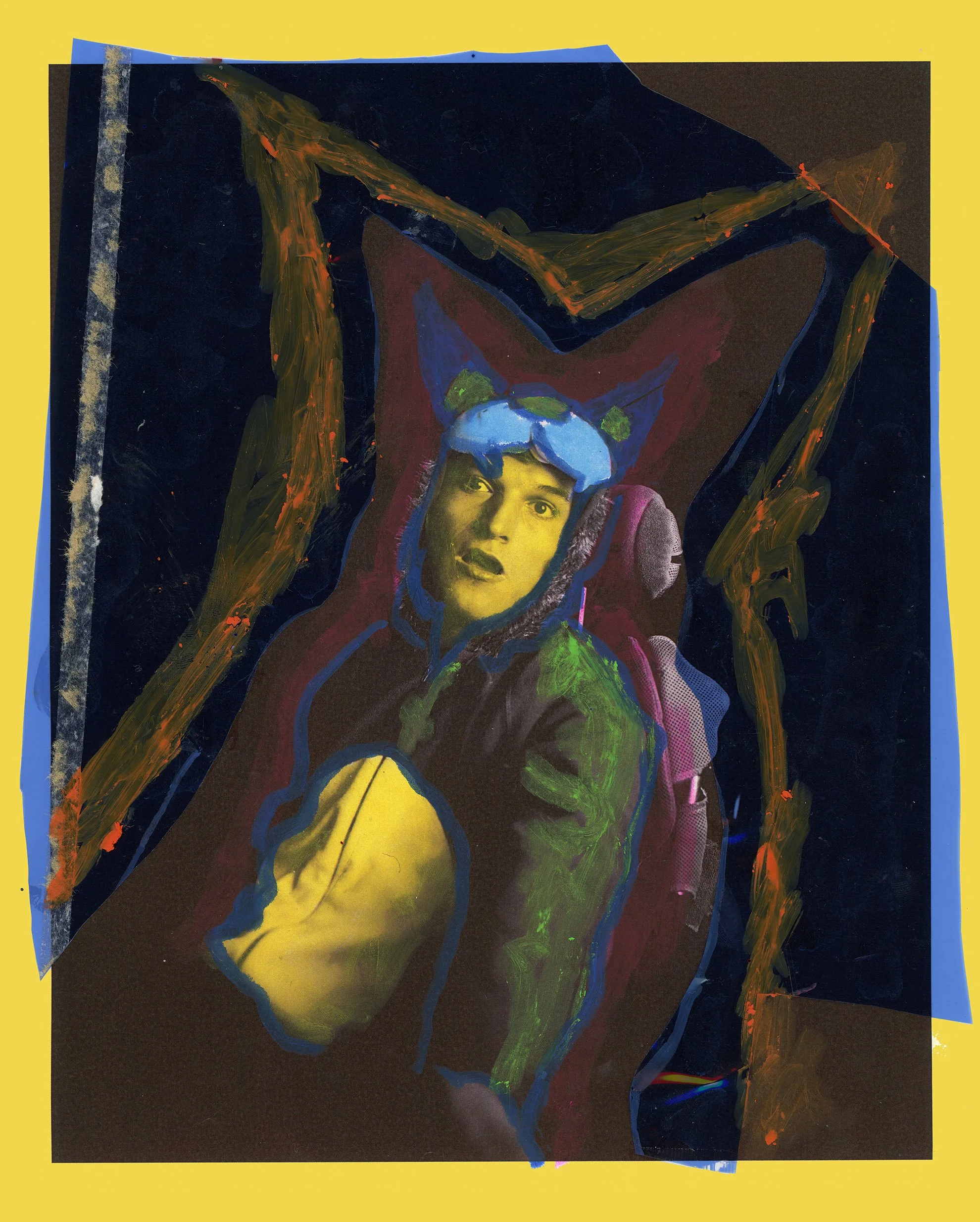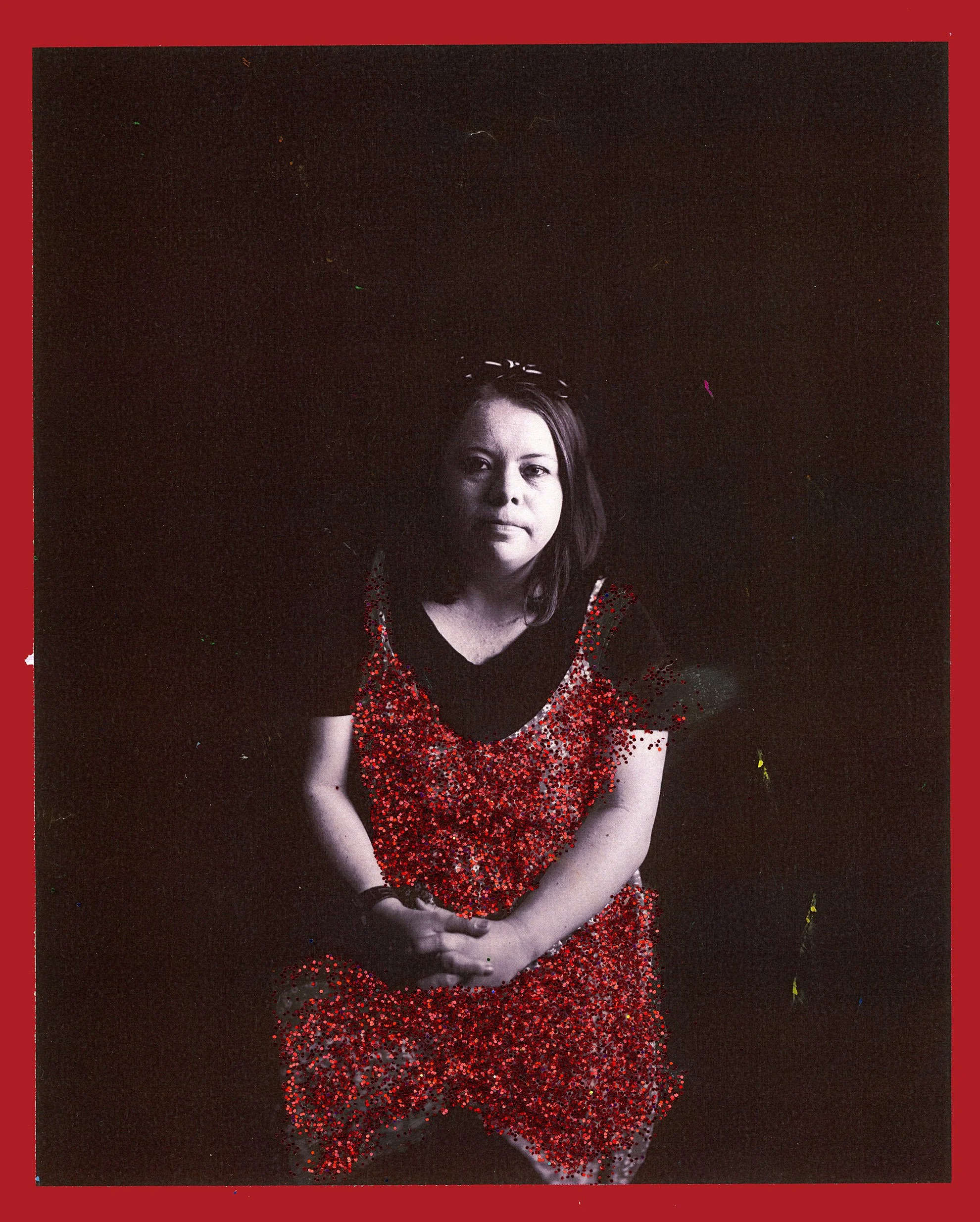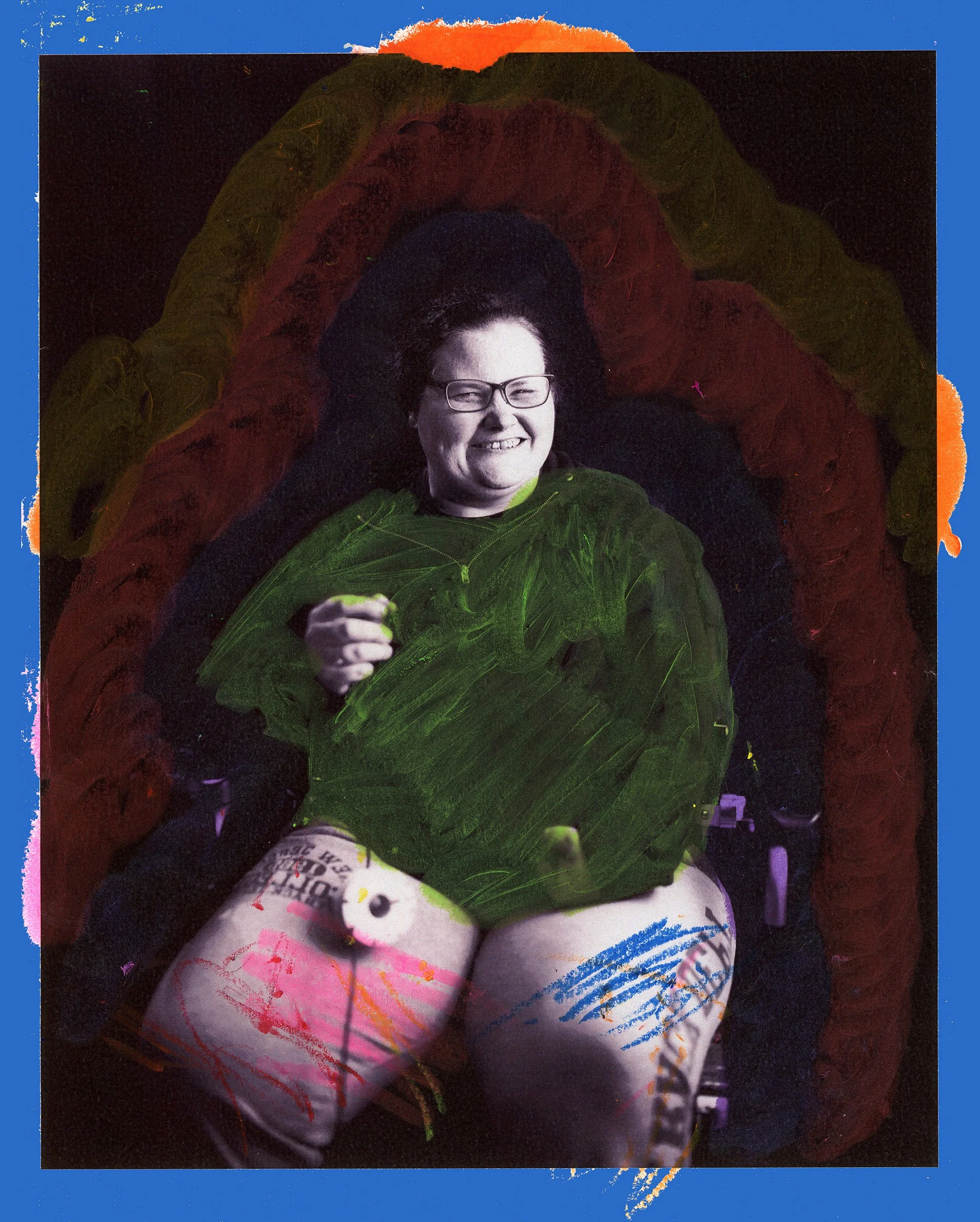The Pelican Project
“Our members join us not only as participants but as drivers of change within their community.”
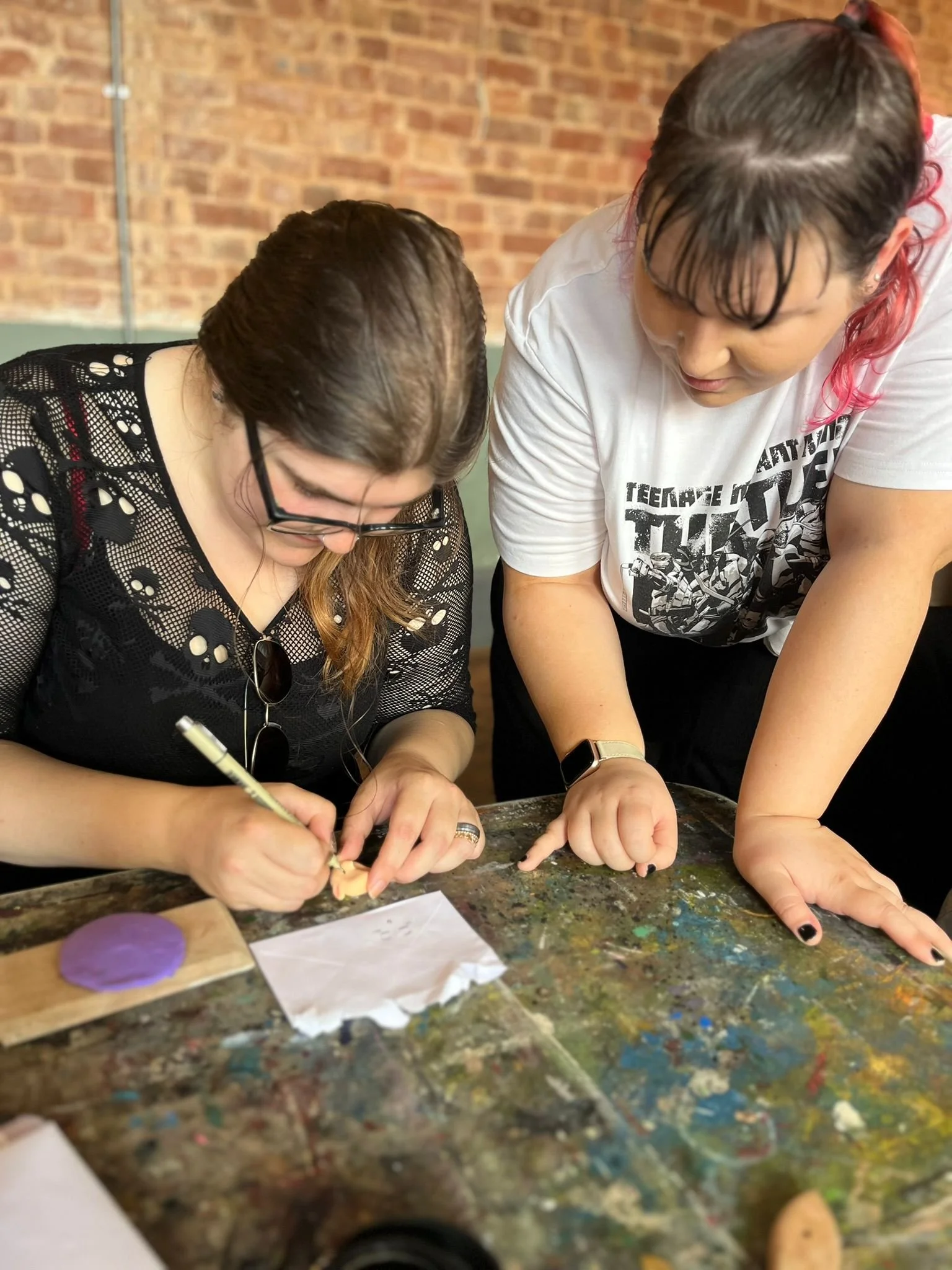
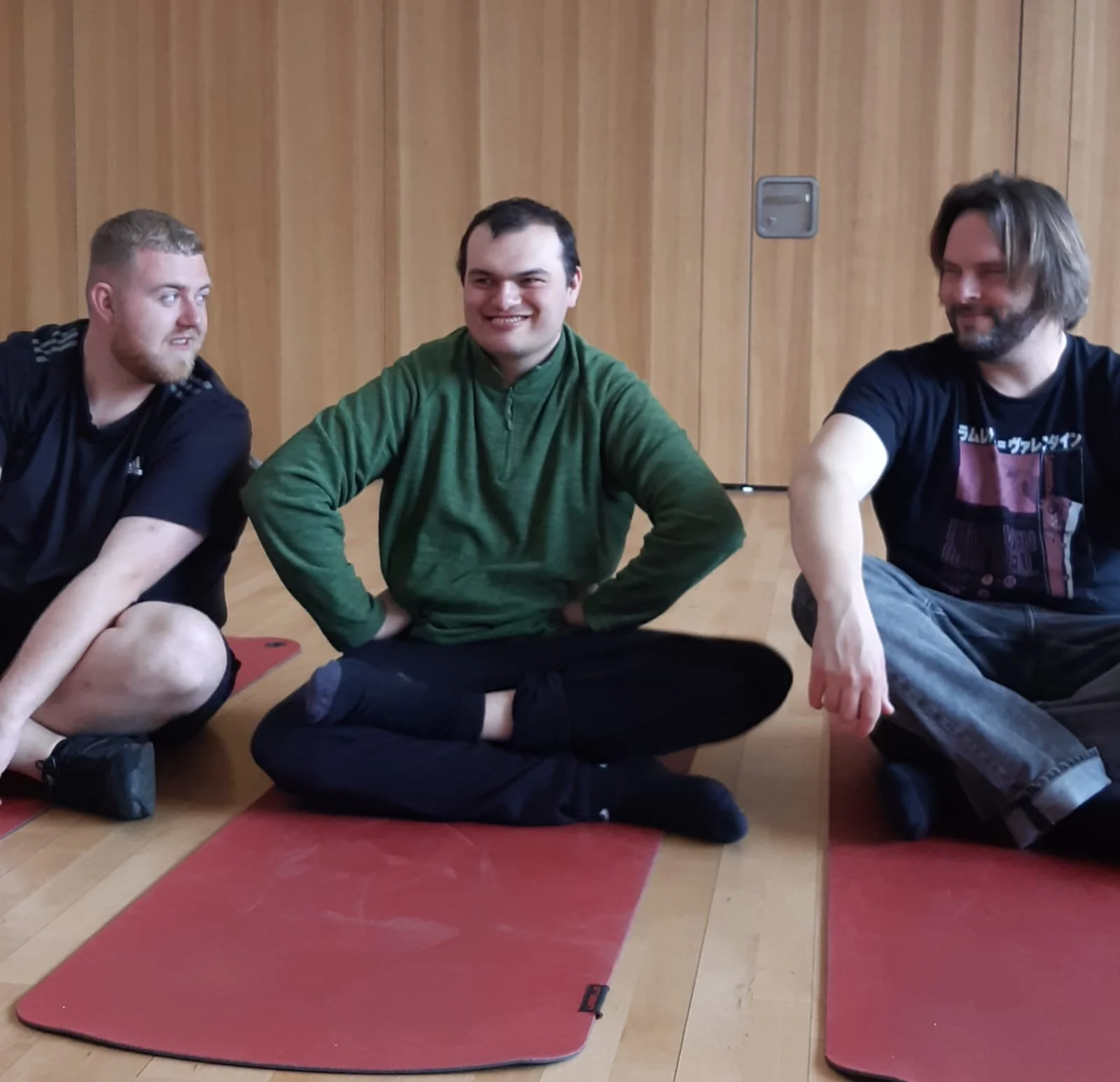
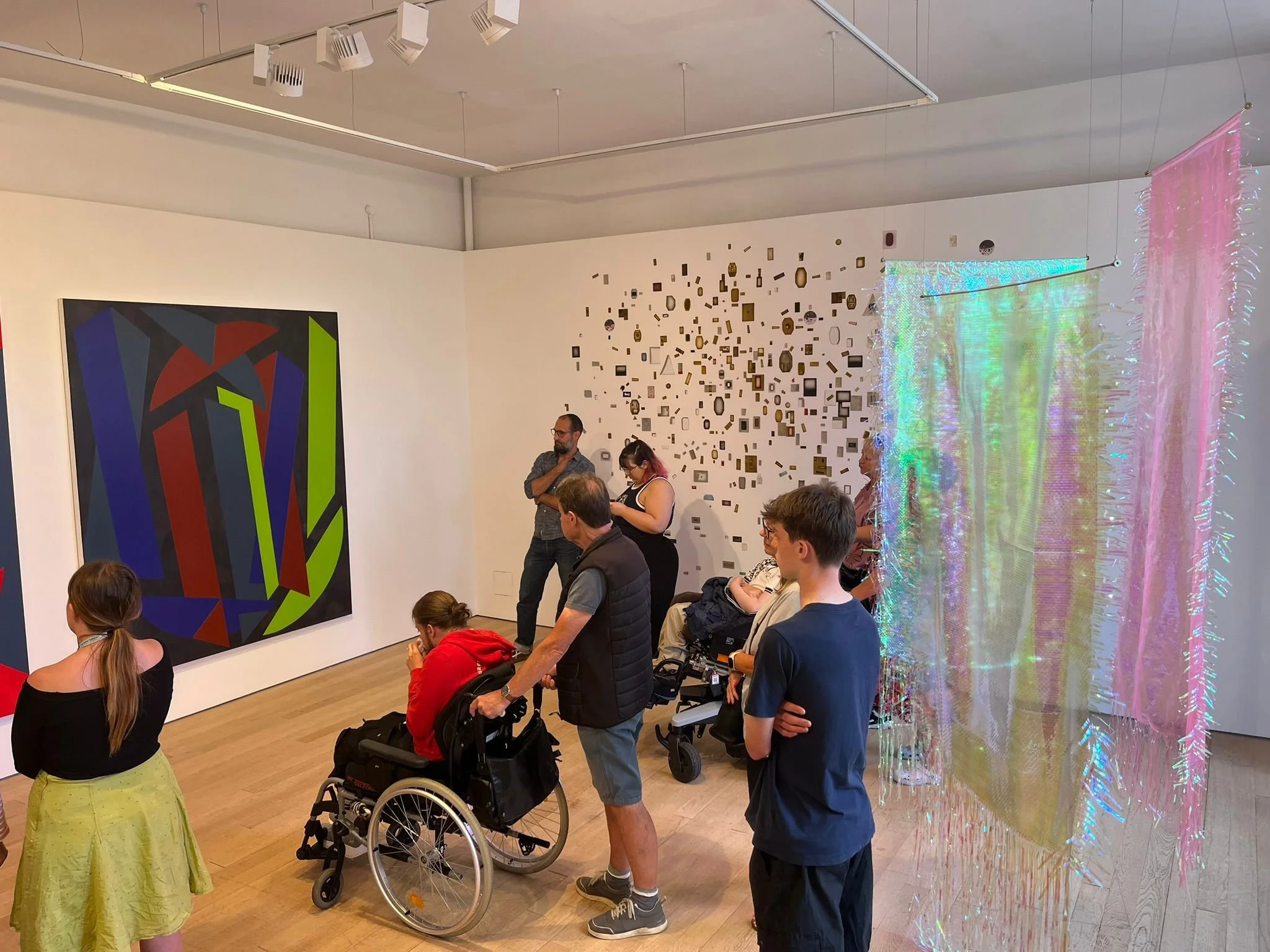
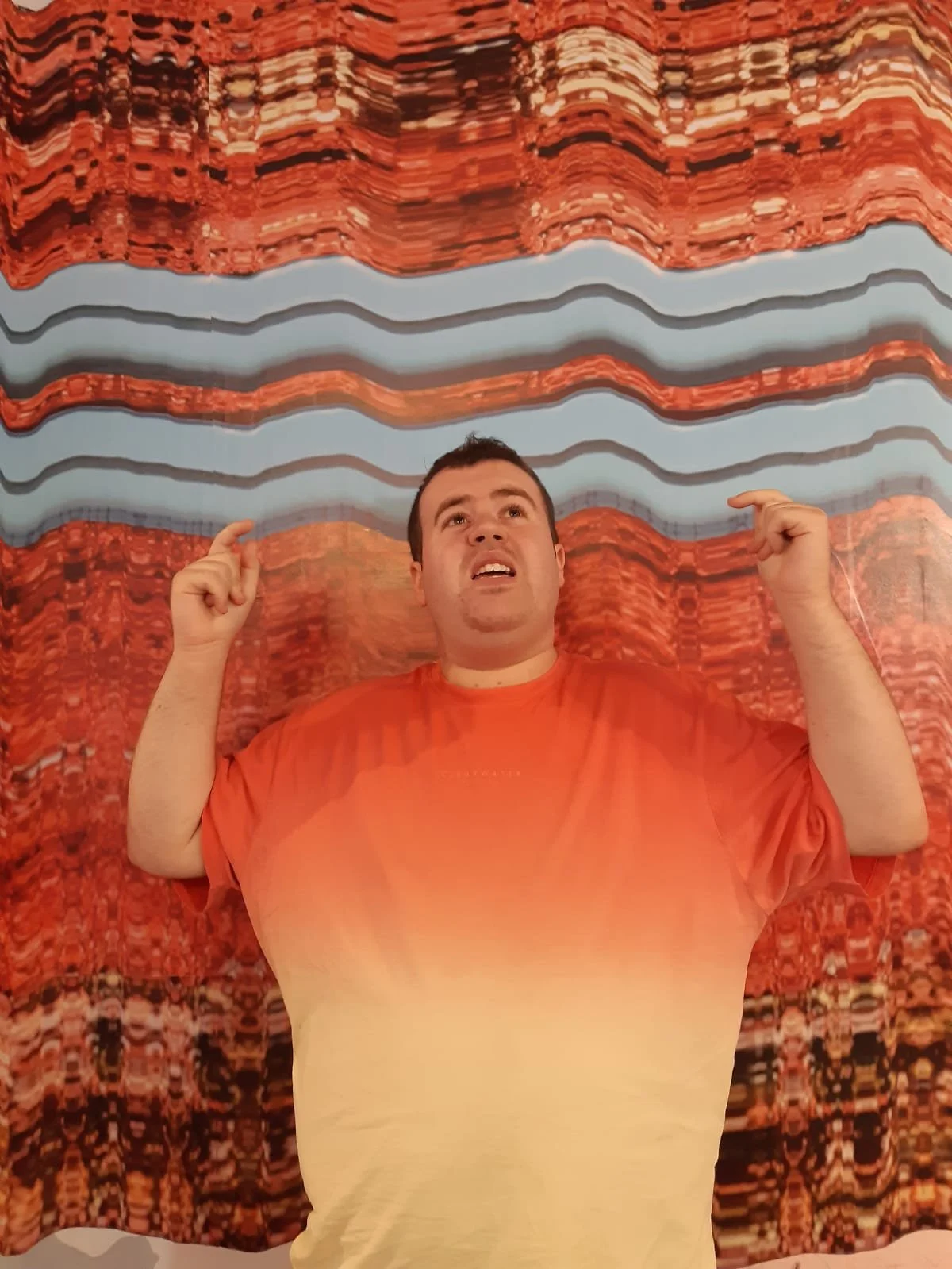
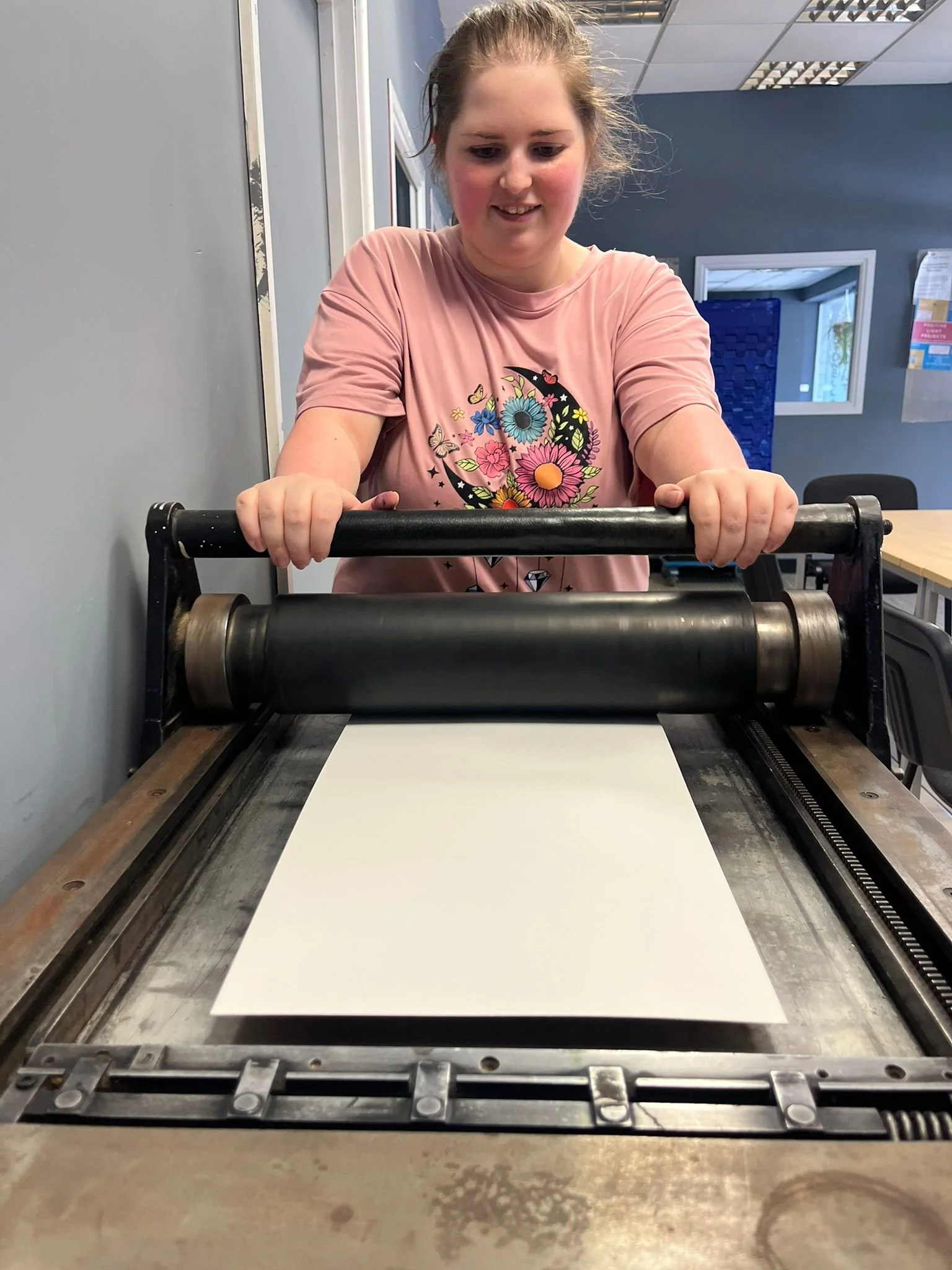
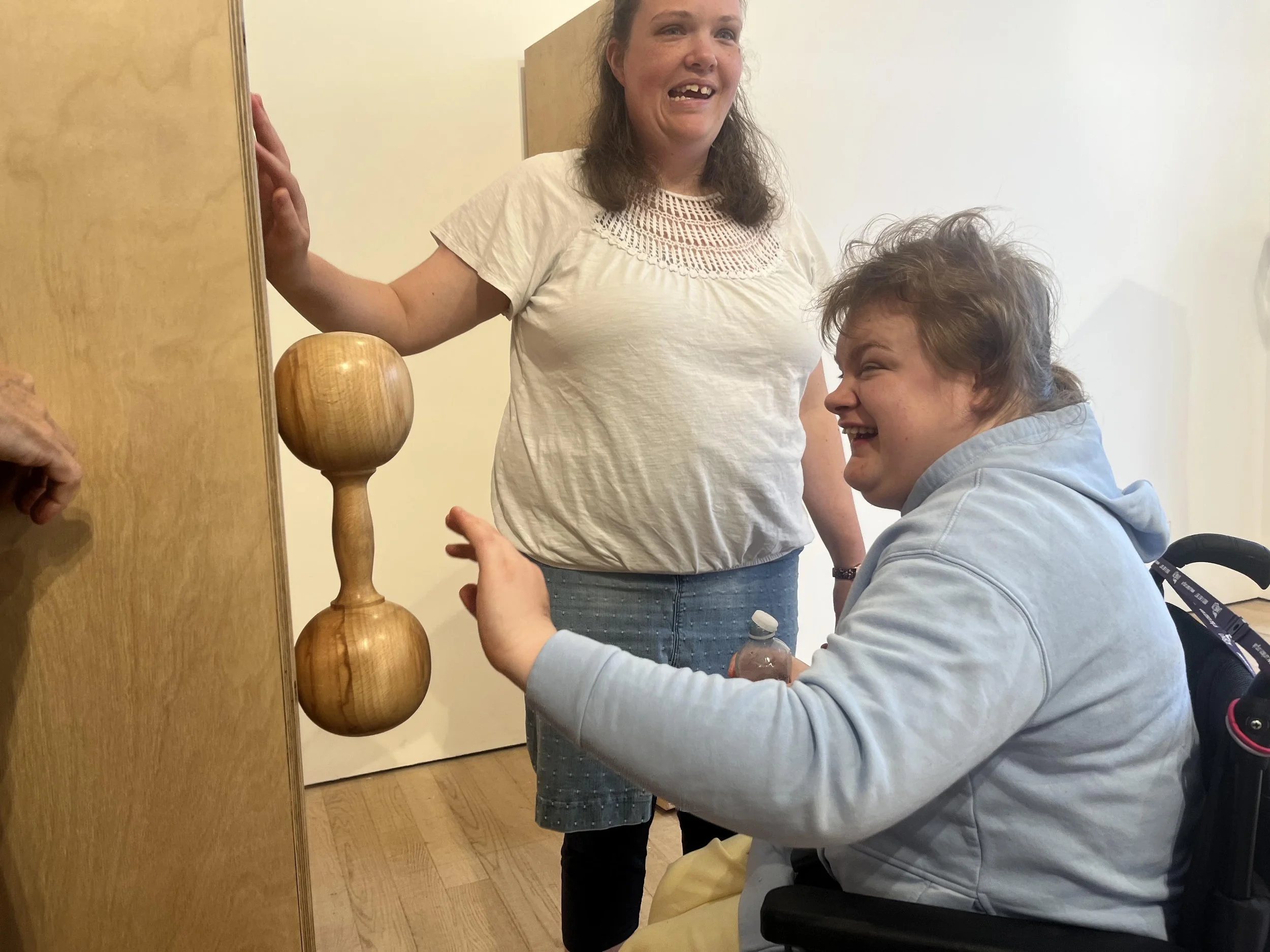
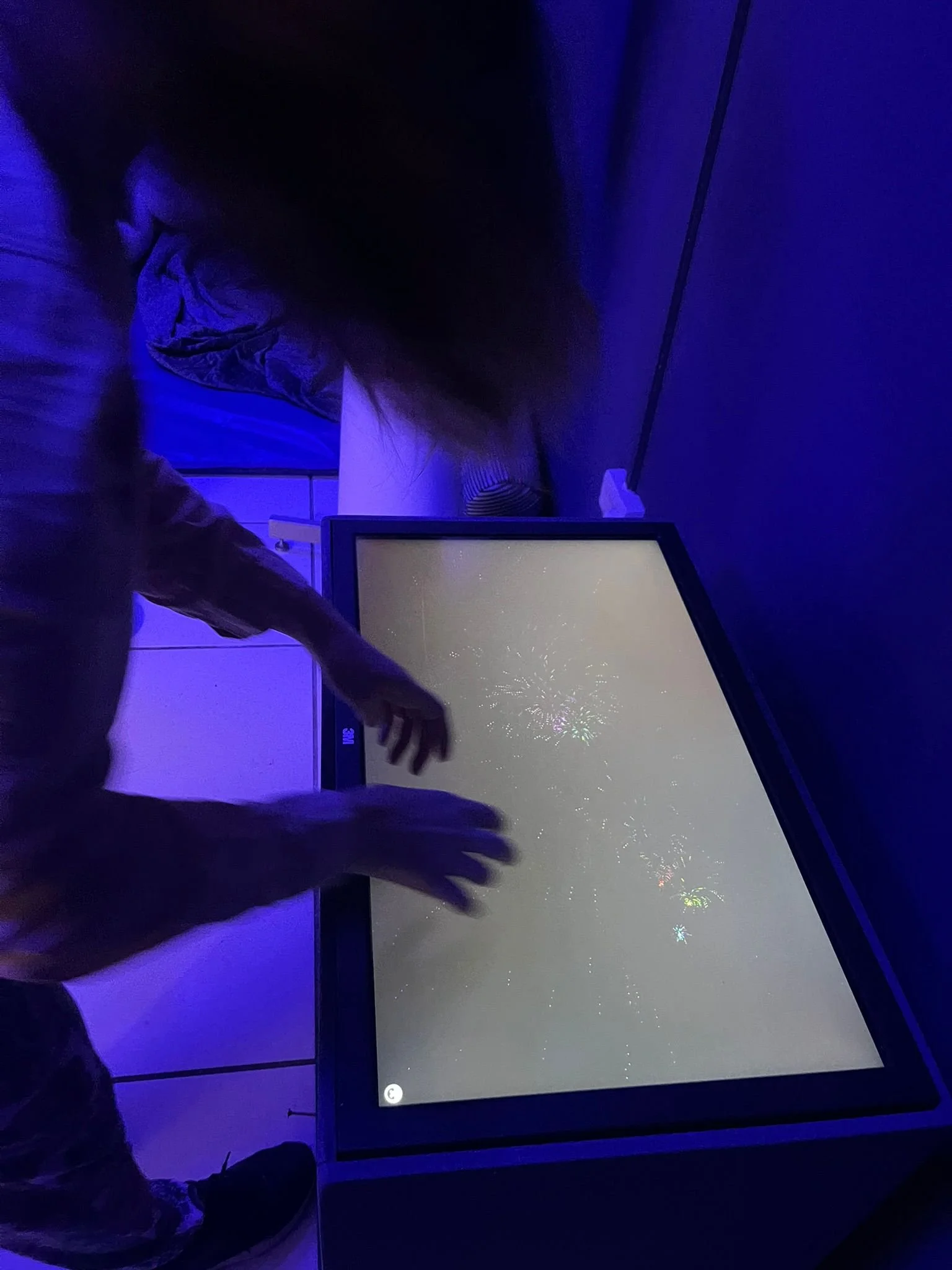
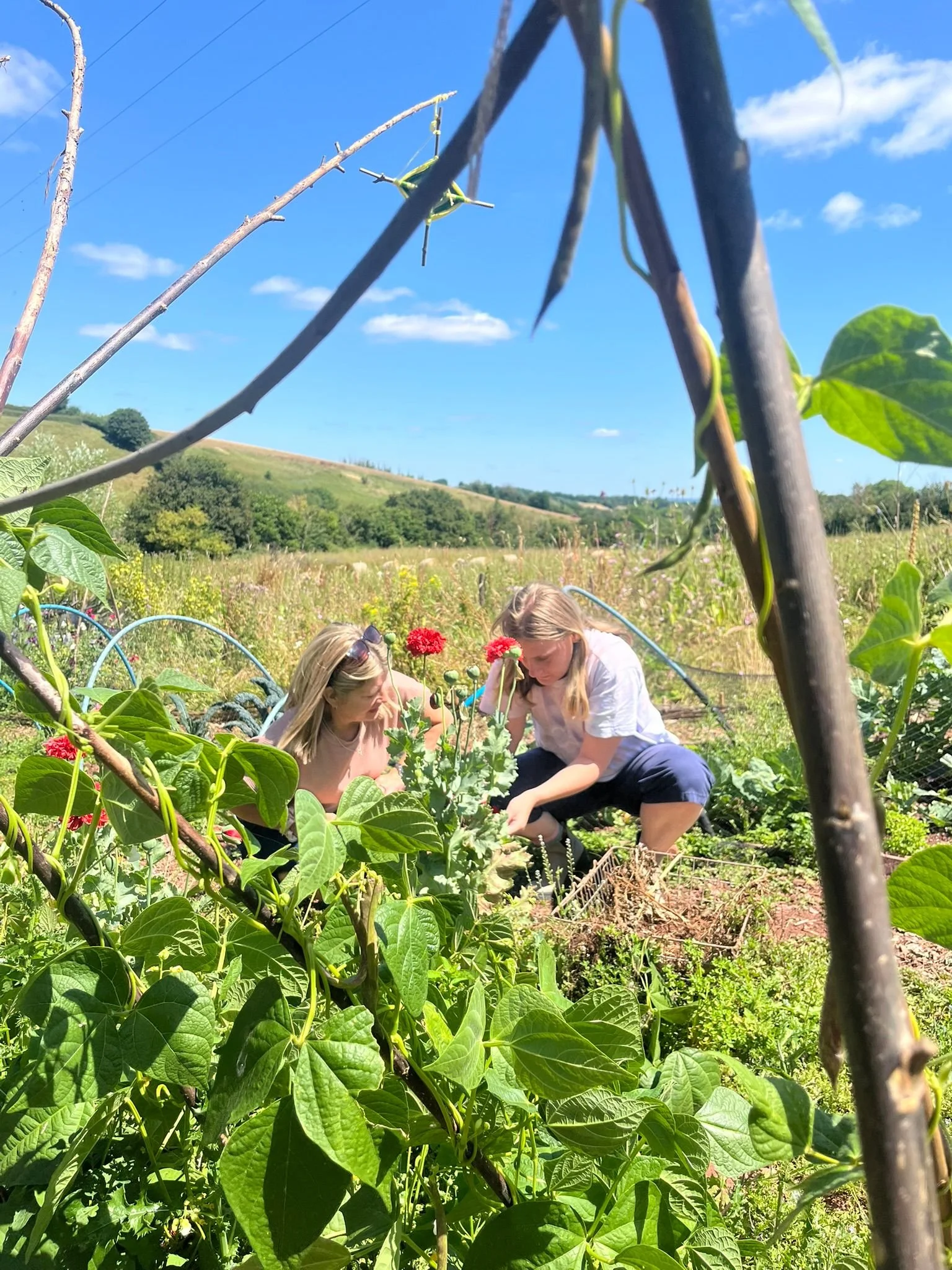
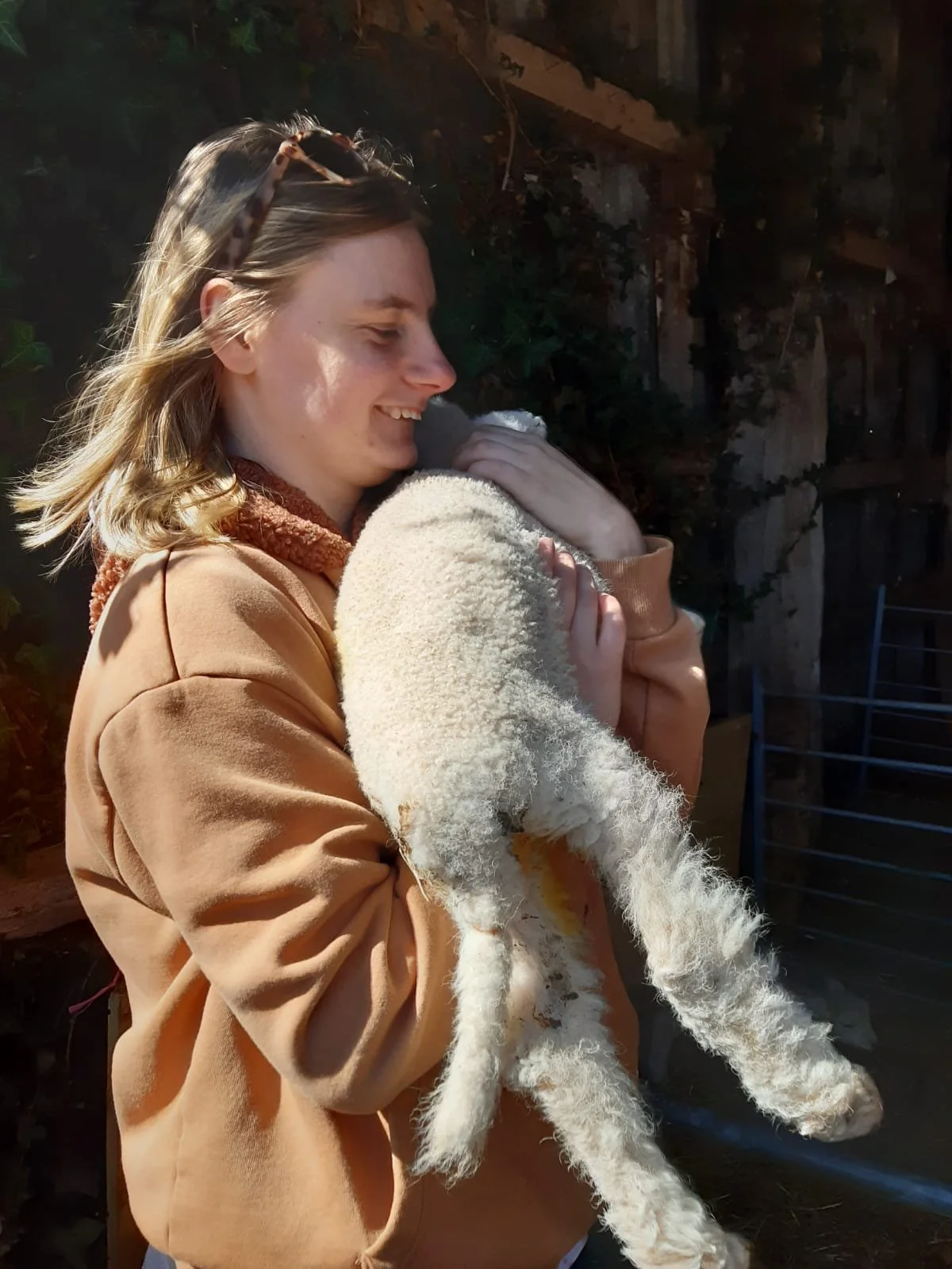
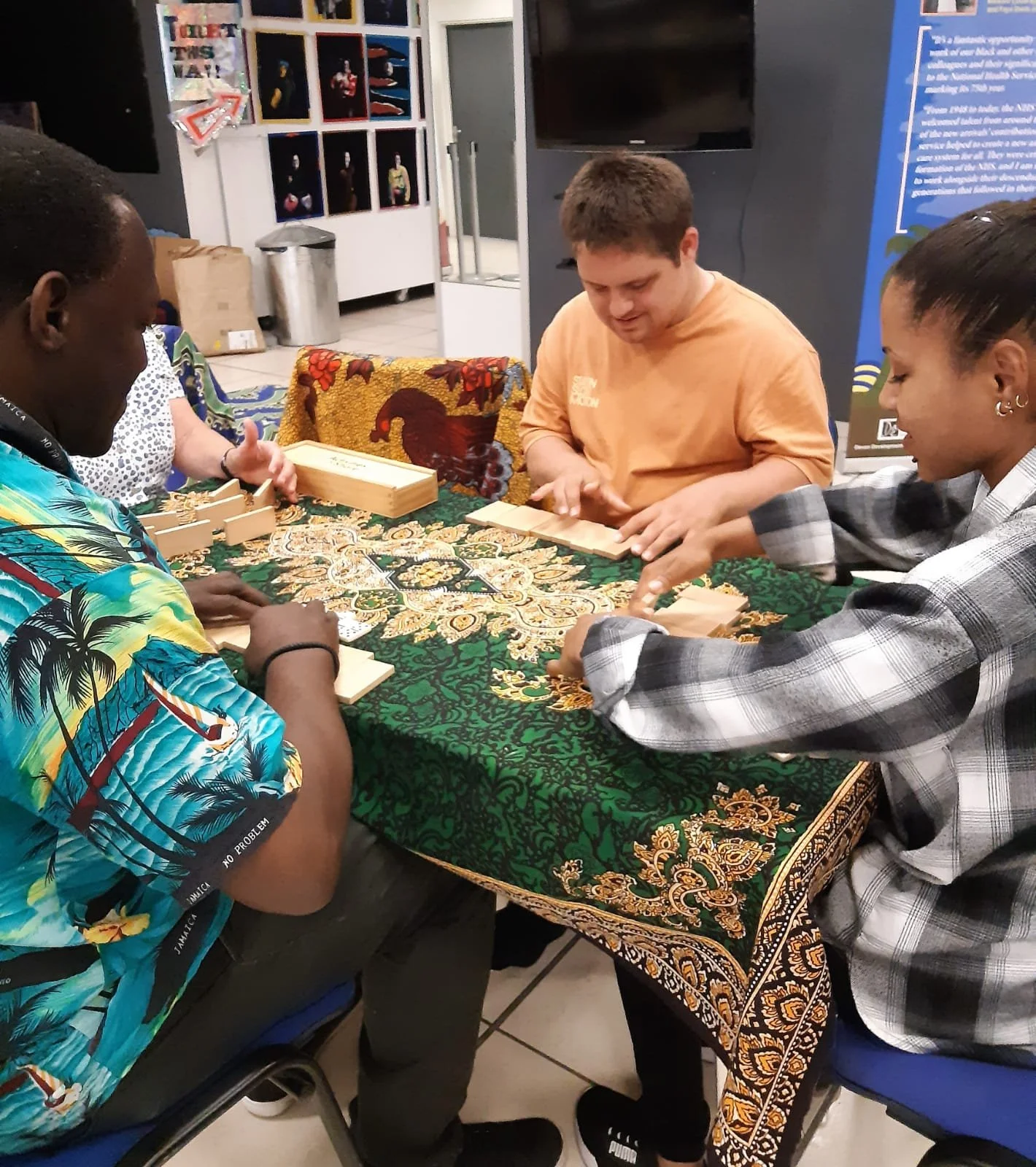
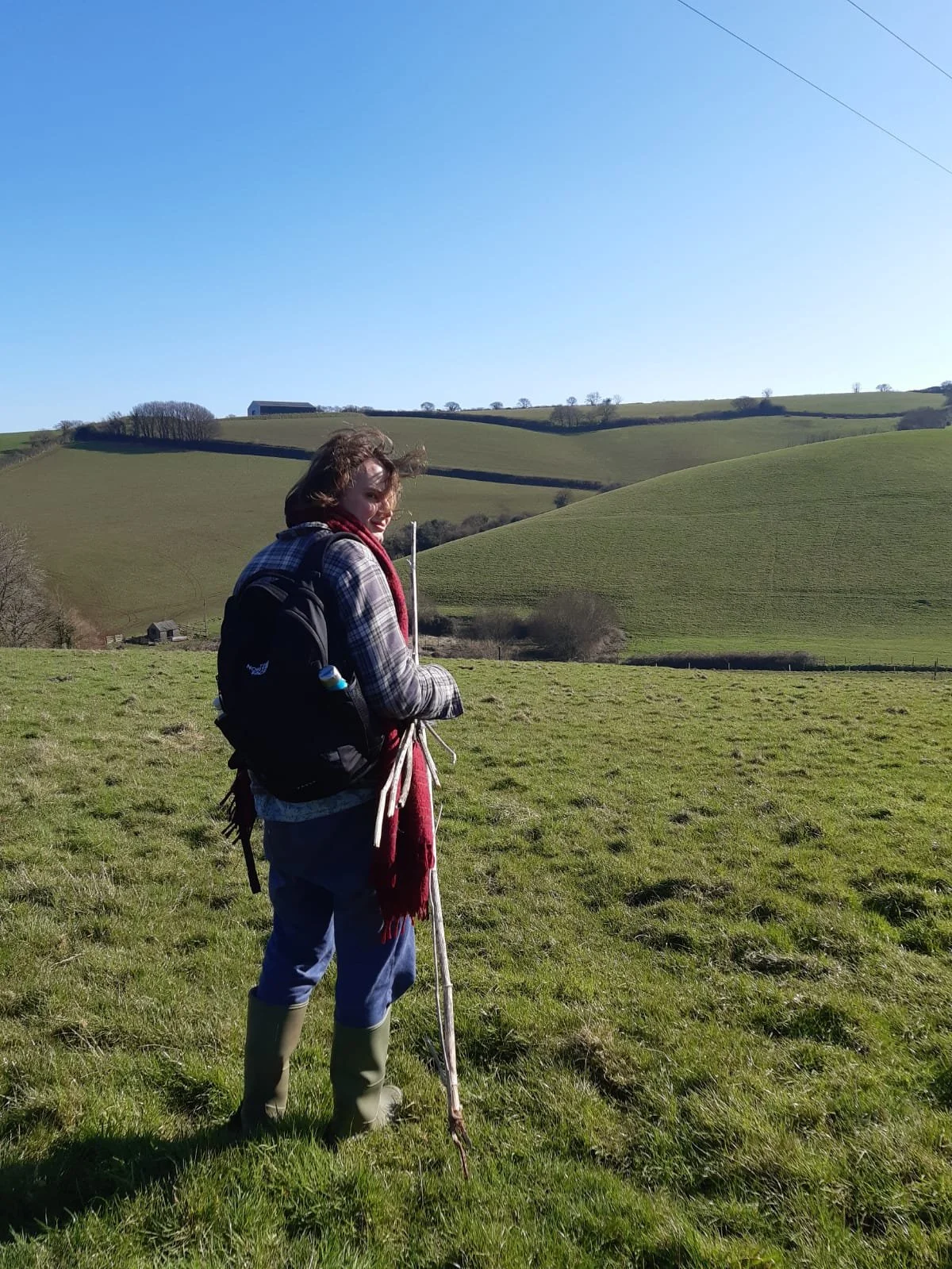
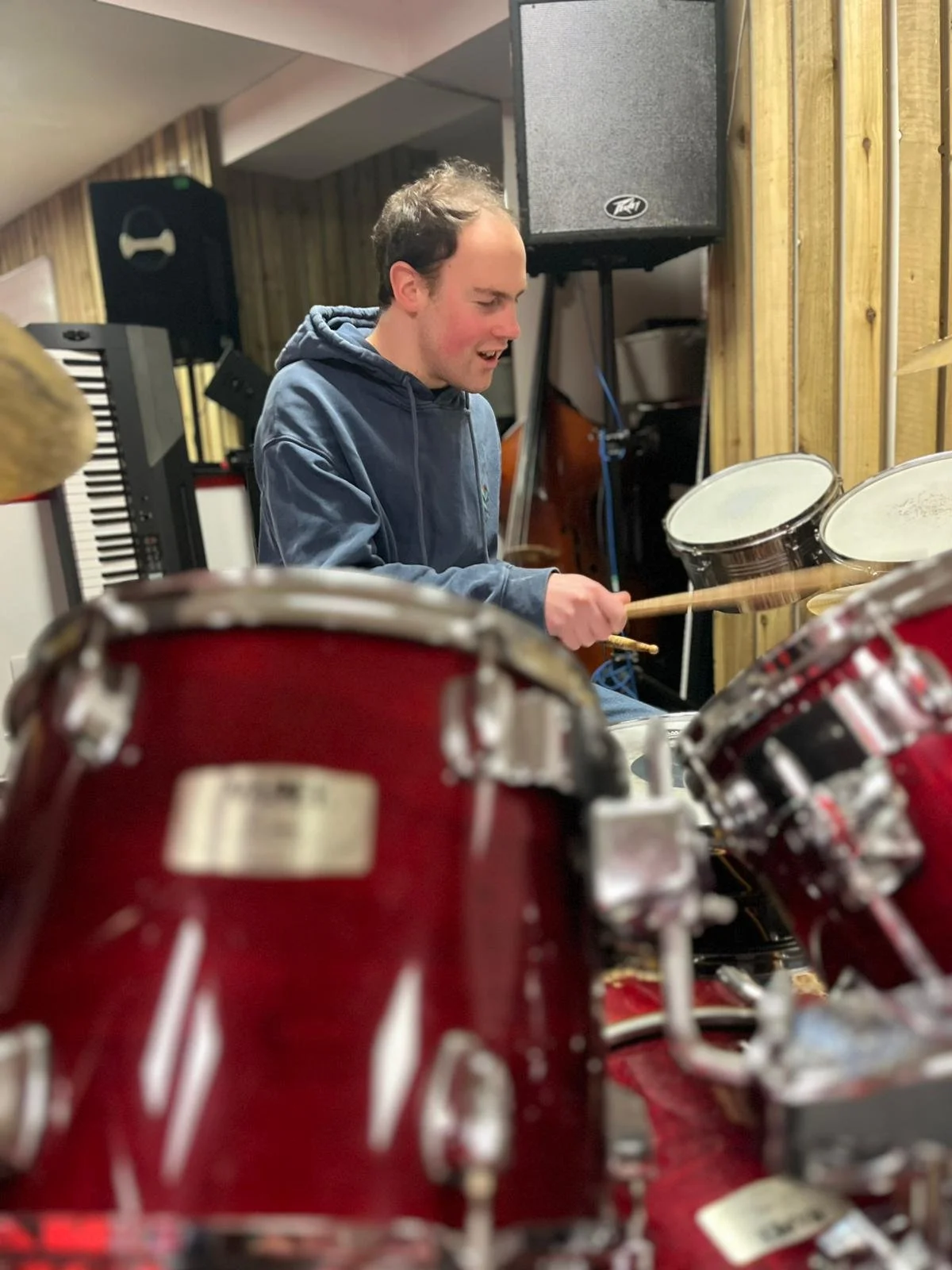
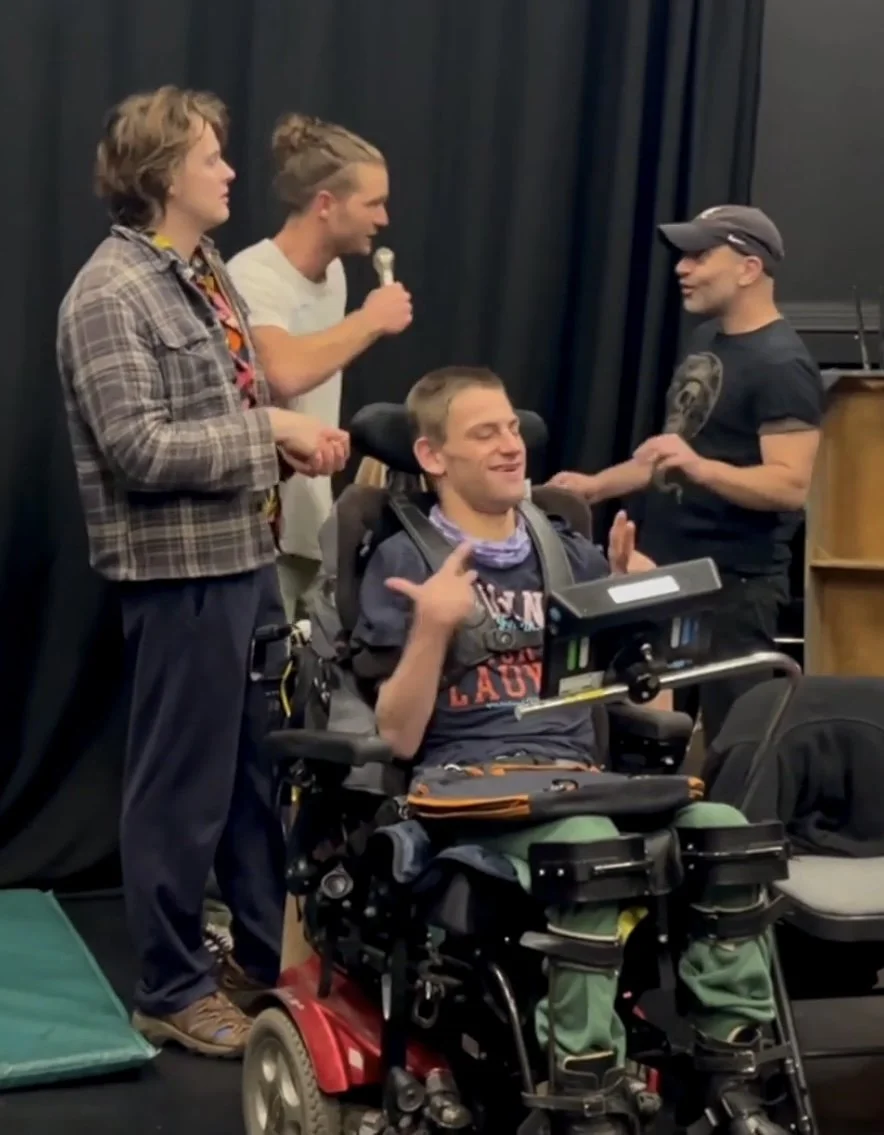
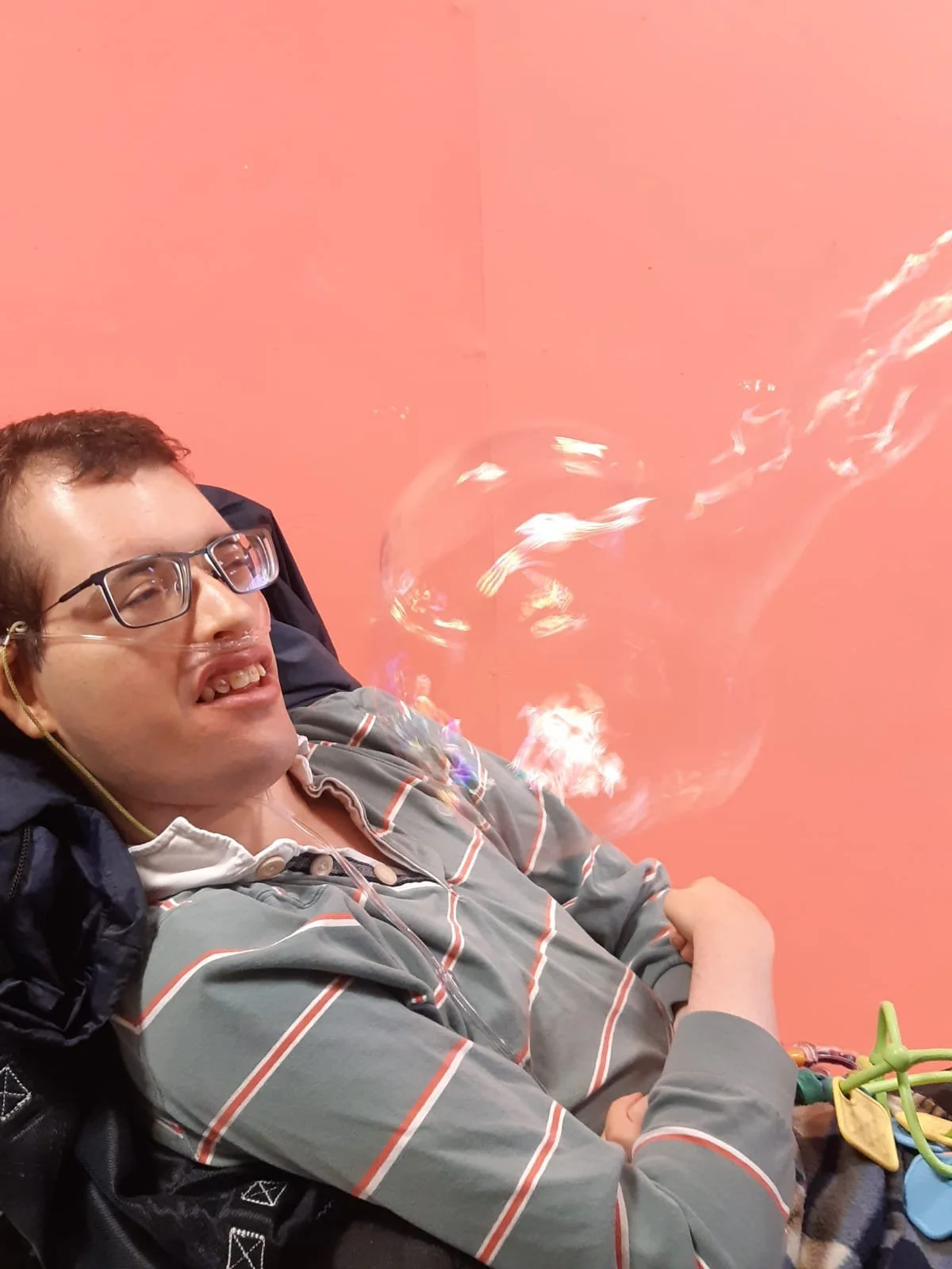
Our story so far…
In 2017, four pioneering young people with “learning disabilities” inspired a vision to respond to the lack of belonging, purpose and community felt by those leaving SEN statutory education. Since then, members, carers, family, facilitators and all those associated with the project have become known as The Pelicans. Fifty members now belong to the movement, accessing an aspirational program of activity, embedded across a community that they are themselves shaping.
From its origins in Exeter’s Arts & Cultural community, our program continues to expand in response to Pelican aspiration. Our core team has been specifically developed to include a diverse range of specialist skills and experience which align with the organisation's values. This includes specialist educational curriculum developers, recognised creatives, social entrepreneurs, and those with lived experience of SEN. Our partnerships further increase the diversity and range of community access, resources and venues, creating spaces where ‘learning-disabled’ young people genuinely belong.
Our Community Partnership Model
Our programs are delivered in partnership with community organisations from across our region. These dynamic partnerships are mutually beneficial. They provide the Pelicans with the highest quality experiences, resources and community venues, and give our partners the opportunity to enhance and shape their practice from their experience of working with our collective. Our partnership model enables members to join us as participants but also have the opportunity to be drivers of change within their community.
Drivers of Change
Our aspiration to drive change in our community, and our members leading this change, are fundamental principles of The Pelican Project.
We have driven change in wide ranging ways, including:
Establishing new accessible activity within our partners mainstream programming.
Raising visibility and championing inclusion of our members in key community spaces.
Providing a range of advice and consultancy to partners (including fledgling and established organisations).
Supporting individual practitioners to improve their engagement and reach wider audiences beyond our membership.
Developing accessible resources for wider community use.
